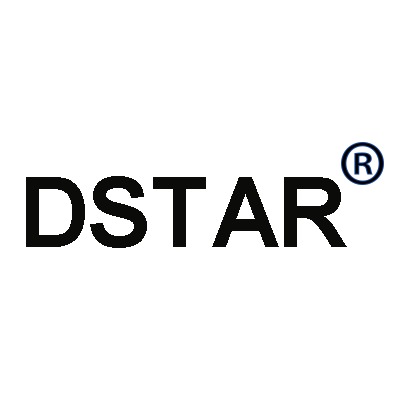Three Common Trade Terms in International trade:EXW,FOB,CIF
EXW (Ex Works), FOB (Free On Board), and CIF (Cost, Insurance, and Freight) are international trade terms, known as Incoterms, that define the responsibilities and obligations of buyers and sellers in the context of international shipping and delivery. These terms specify who is responsible for the costs, risks, and logistics at each stage of the shipment. Here’s a brief explanation of each term and a comparison between them:
- EXW (Ex Works):
- Meaning: The seller’s responsibility is fulfilled when the goods are made available at their premises or another named place (factory, warehouse, etc.). The buyer is responsible for all costs, risks, and arrangements from that point forward.
- Comparison: EXW places the maximum responsibility on the buyer, who takes care of all aspects of transportation, including shipping, insurance, and customs clearance.
- FOB (Free On Board):
- Meaning: The seller is responsible for the goods and their costs up to the point they are loaded onto the vessel at the named port of shipment. Once on board, the responsibility shifts to the buyer.
- Comparison: FOB is commonly used for ocean shipments. It places the responsibility on the seller until the goods are loaded onto the vessel, after which the buyer takes over.
- CIF (Cost, Insurance, and Freight):
- Meaning: The seller is responsible for the costs, insurance, and freight (transportation) of the goods until they reach the named port of destination. Once the goods arrive at the destination port, the responsibility transfers to the buyer.
- Comparison: CIF includes the cost of insurance and freight in addition to the cost of the goods. It places more responsibility on the seller, who takes care of the transportation and insurance until the goods reach the destination port.
Comparison:
- Responsibility for Costs:
- EXW: Maximum responsibility on the buyer. They are responsible for all costs from the seller’s premises onward.
- FOB: The seller is responsible for costs up to loading onto the vessel. The buyer takes over from there.
- CIF: The seller is responsible for costs, insurance, and freight up to the destination port. The buyer handles costs and responsibilities beyond that point.
- Insurance:
- EXW: The buyer is responsible for obtaining insurance.
- FOB: The buyer typically arranges and pays for insurance from the point of loading onto the vessel.
- CIF: The seller is responsible for obtaining insurance during the main carriage to the destination port.
- Transportation:
- EXW: The buyer arranges and pays for transportation.
- FOB: The seller is responsible for transportation to the port of shipment, and the buyer arranges and pays for the main carriage.
- CIF: The seller arranges and pays for the transportation to the destination port.
Choosing the appropriate Incoterm depends on various factors, including the level of control and risk each party is willing to assume, the nature of the goods, and the logistics of the shipment. It’s important for parties involved in international trade to clearly define the chosen Incoterm in their contracts to avoid misunderstandings and disputes.



